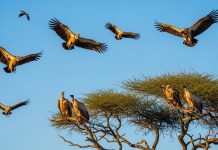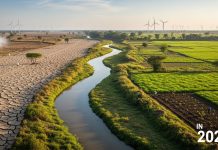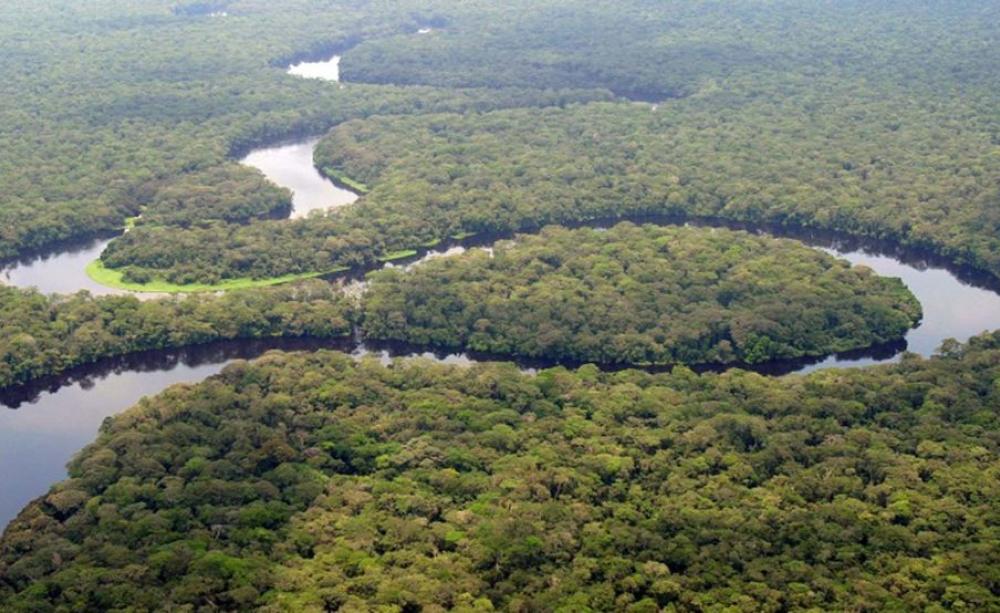In the heart of Africa lies the Congo Basin, one of the most ecologically vibrant regions on the planet. Over the past decade, in this rainforest, stretching across six countries, 742 new species of plants and animals have been discovered. This announcement, detailed in the World Wildlife Fund’s (WWF) report New Life in the Congo Basin: A Decade of Species Discoveries (2013–2023), is both a celebration of nature’s abundance and a wake-up call to humanity.
These discoveries include 430 plants, 140 invertebrates, 96 fish, 22 amphibians, 42 reptiles, 2 birds, and 10 mammals. Each species adds to our understanding of biodiversity. Highlights include the ‘lesula’ monkey, a striking venomous bush viper, delicate orchids, and the intriguingly named dragonfly Umma gumma. Indigenous knowledge played a key role in these discoveries, emphasising the depth of ecological understanding held by local communities.
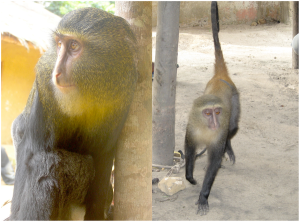
These findings are monumentally significant. First, they reaffirm the Congo Basin’s status as one of the world’s greatest biodiversity hotspots. This region alone harbours about 10,000 tropical plant species, with roughly 30% found nowhere else on Earth. Beyond its scientific importance, this biodiversity supports over 75 million people who depend on its resources for food, shelter, and cultural identity.
The Congo Basin’s role extends far beyond its regional significance. As a critical carbon sink, it helps mitigate climate change and supports global weather patterns, heightening the urgent need to protect it. However, the region faces serious threats: deforestation driven by agriculture and logging, poaching of iconic species like forest elephants, and habitat loss accelerated by climate change. Mining activities and human-wildlife conflicts compound these challenges, putting immense pressure on its ecosystems.
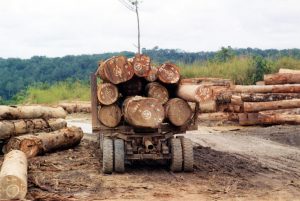
Preserving the Congo Basin is not just about protecting a unique ecological treasure; it is about securing a lifeline for local communities and ensuring global ecological stability. The WWF’s report calls for immediate action, advocating collaboration among governments, conservationists, and local communities. Recognizing indigenous knowledge and fostering sustainable land-use practices are crucial to safeguarding this irreplaceable natural heritage.
While the discovery of 742 species offers hope, it also reminds us of the fragility of these ecosystems. Protecting the Congo Basin is a collective responsibility—one that makes sure that life continues to thrive for generations to come.


